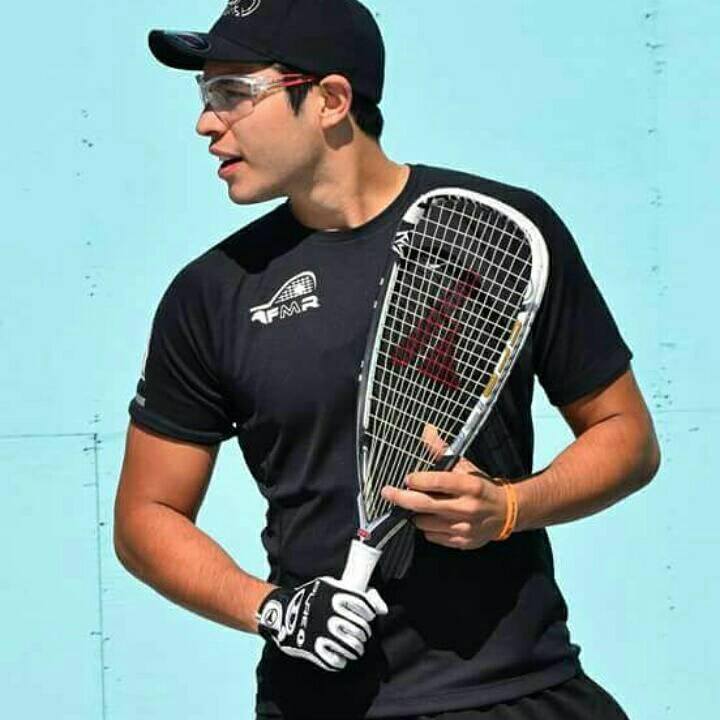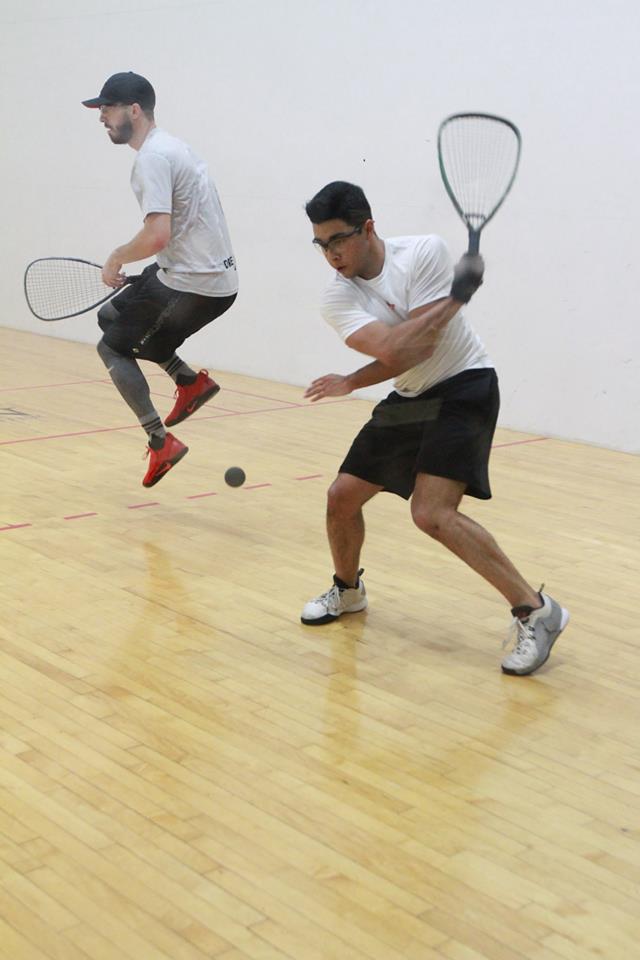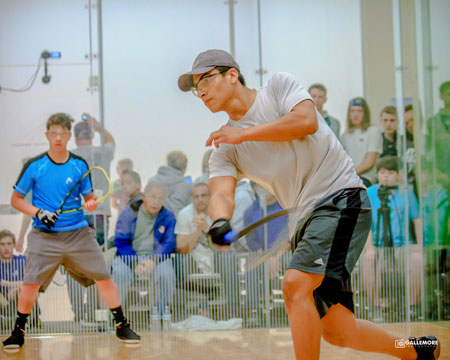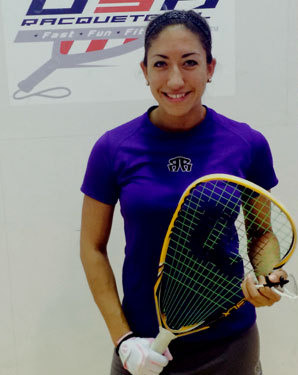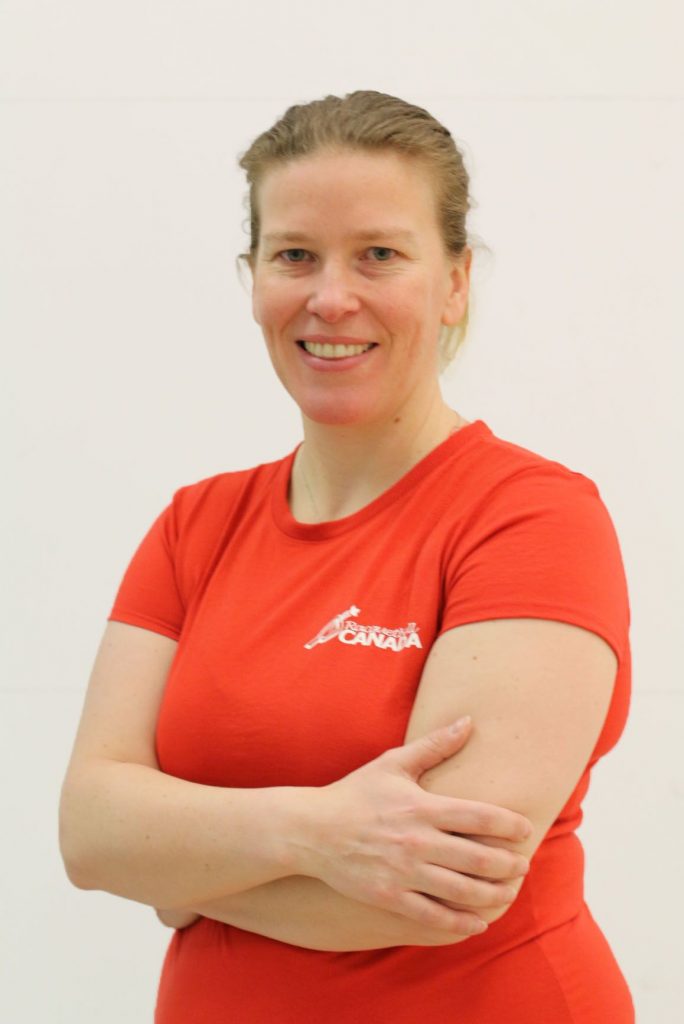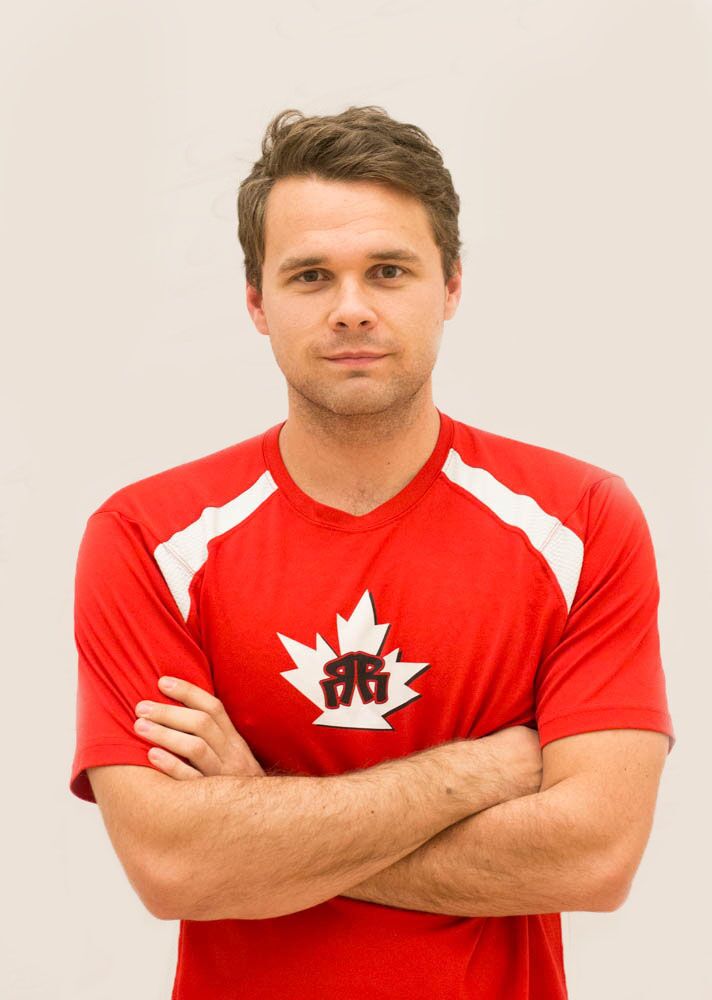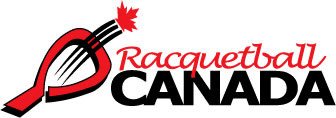
https://olympic.ca/…/canadas-lima-2019-racquetball-team-an…/
Racquetball Canada announced their official teams for the 2019 Pan Am games, and there were no real surprises. The team is:
– Men: Samuel Murray and Coby Iwaasa
– Women: Frederique Lambert and Jen Saunders
Thanks to their performance at the 2019 Pan American Racquetball Championships earlier this year, Team Canada qualified two men and two women to the event, so these players will be pulling double duty singles and doubles in Peru.
(team limits were announced here:
http://www.internationalracquetball.com/xviii-pan-american…/)
———————–
Lets take a look at the teams.
On the Men’s side … the choices were pretty obvious. Murray and Iwaasa were the two finalists in all three qualifying events (the 1st National team Qualifier in Nov 2018, the 2nd Qualifier in February 2019, and Canadian Nationals In May 2019). Murray topped Iwaasa in all three events, and these two players have clearly established themselves as the top Canadian Men.
Murray plays the IRT tour full time and finished 7th on tour this year. He should be a favorite to advance deep into the knockout stages, given his tour accomplishments and his international experience. Murray has represented Canada 8 times before internationally; his best IRF result is making the 2016 world semis, losing to Daniel De La Rosa.
Iwaasa played just one pro event this season, the WRT event that occurred in Calgary in October. In that event (PRS match report here: http://rball.pro/E7785F) he topped a number of IRT semi-regulars before falling to Andree Parrilla in the final. This will be Iwaasa’s 6th international appearance; his best results previously were a quarter final apperance at the 2014 Pan American Sports Festival (where he lost to David ” Bobby” Hornand the 2015 Pan American Games (where he lost to Alvaro Beltran).
———————–
On the Women’s side, the two players selected are in-arguably the top two players in Canada, but some questions may arise from the qualification process. Lambert and Saunders were the finalists in the 1st qualifier, with Lambert winning. But, Lambert did not play in the 2nd qualifier nor Canada Nationals; there Saunders beat Christine Richardson in the finals both times. As it turns out, Canada’s team qualification guidelines specify exceptions for top-ranked IRT and LPRT pros, automatically qualifying them if they’re in the top 8 at the time of the team selection. See http://www.racquetball.ca/download/2019Racquetball_INP_PAGs.pdf for the guidelines (h/t to Frederique Lambert for the link).
Lambert obviously gives the team a better chance at medaling in Peru, but it comes at the expense of Richardson, who made a semis and two finals during qualifying and thus has a claim to the team based on the overall qualifying results.
Lambert finished the pro season ranked 9th on tour despite missing 5 of the 10 events (dropping out of the top 8 only at the last event). This after finishing the prior year ranked 2nd and making 5 pro tournament finals. She finished off Medical school, which limited her travel schedule. This will be the 10th time Lambert represents Canada; she has made two international finals, losing the 2012 and 2016 PARC finals to Longoria.
————————-
The limits of players on both teams also means that the selected players will be forced doubles partners. But luckily, the players do have some experience playing with each other.
– Murray/Iwaasa teamed up to win the 2018 Canadian National title
– they also played together at PARC earlier this year, losing in the final.
– Lambert/Saunders first played together at the 2014 Worlds, losing in the qtrs.
– They teamed up at the 2016 PARC event, losing in the semis to eventual champs Mexico
– They made the semis at 2016 Worlds together, losing to the USA team.
– They won 2018 Canada Nationals together
– they last played at 2018 Worlds, struggling in the RRs and losing in the 16s.
—————-
The Pan American Games, held every 4 years, start July 26th in Lima, Peru. See www.internationalracquetball.com or the official Pan Am Games sitehttps://www.lima2019.pe/deportes-panamericanos/racquetbol (in spanish) for more.
—————
International Racquetball Tour LPRT International Racquetball Federation – IRF



